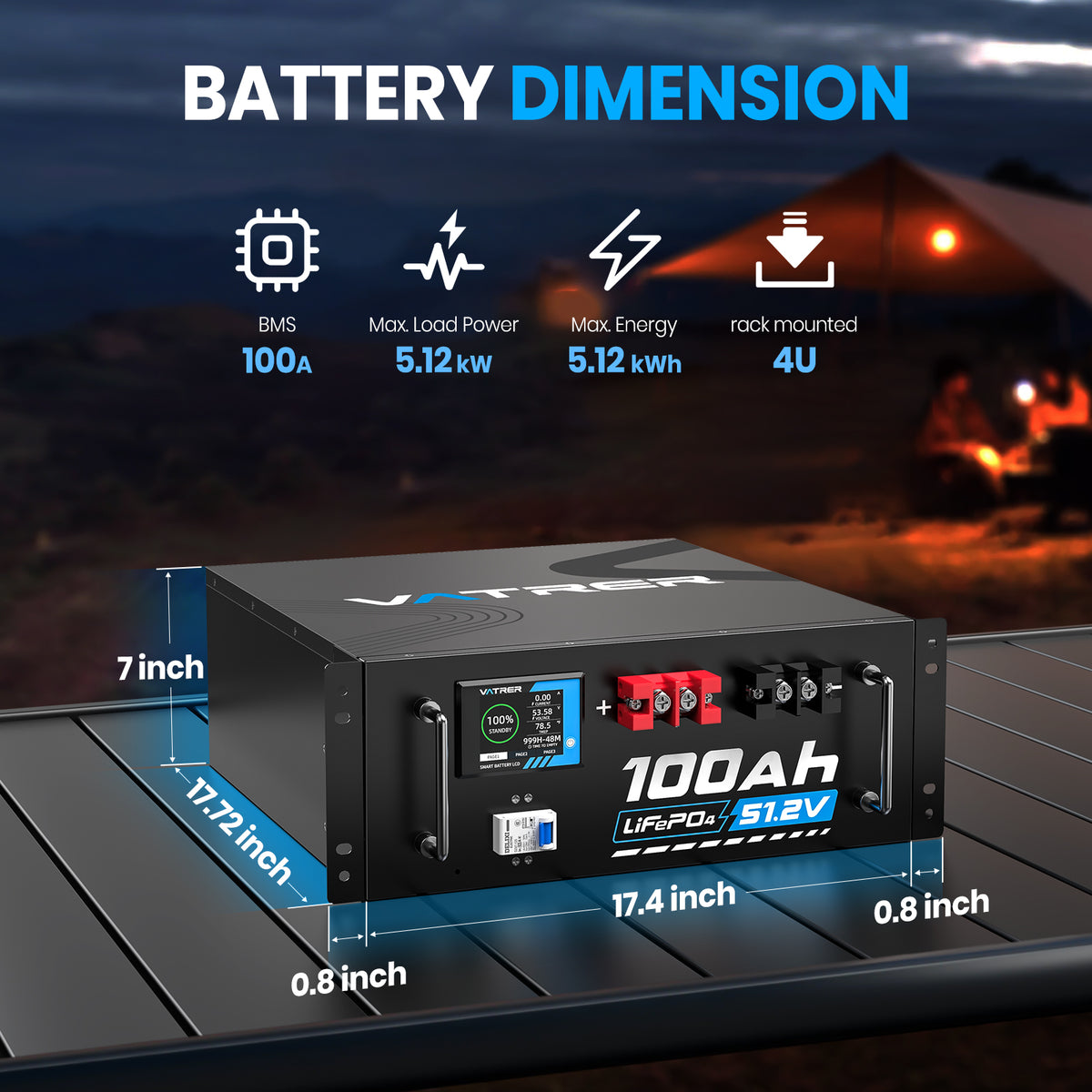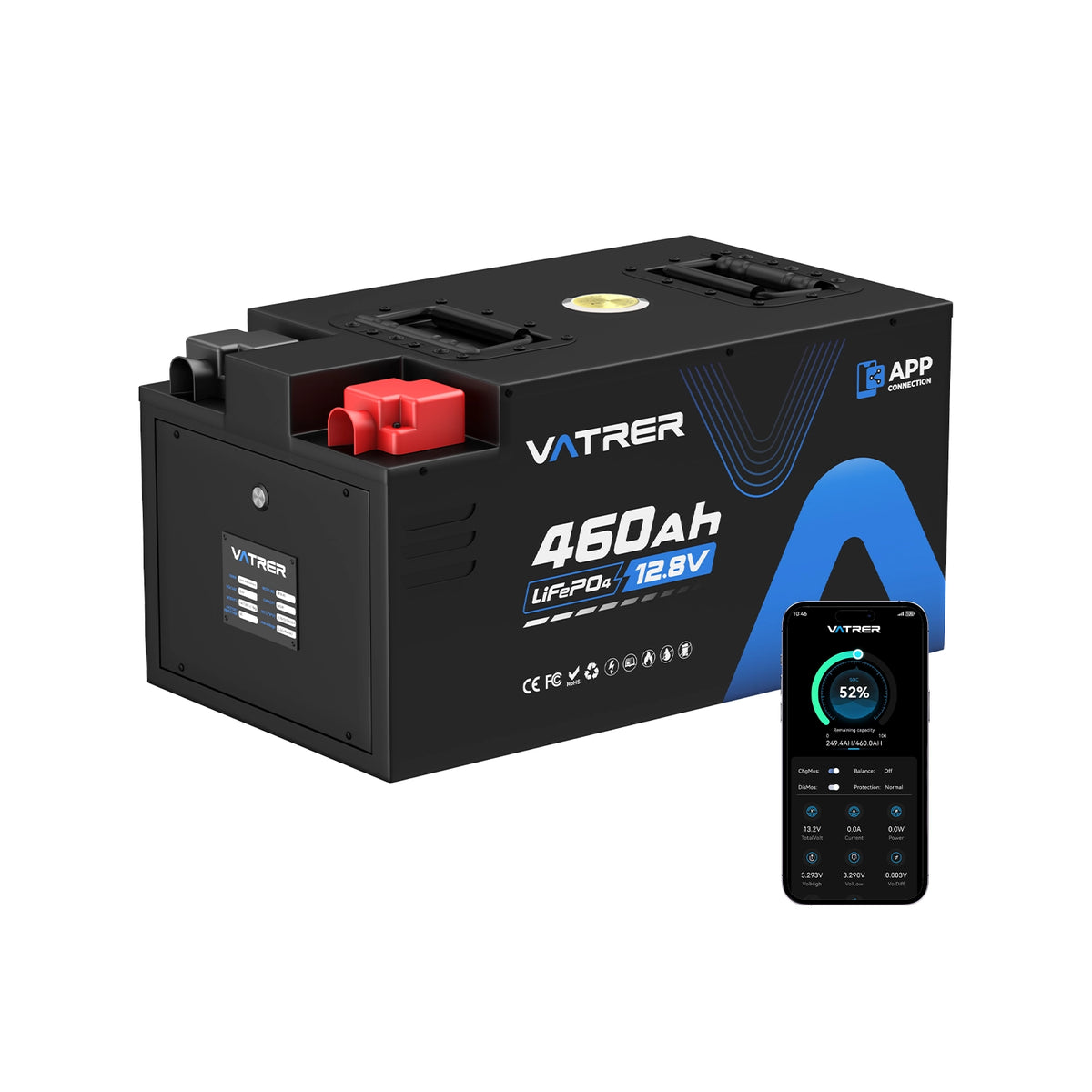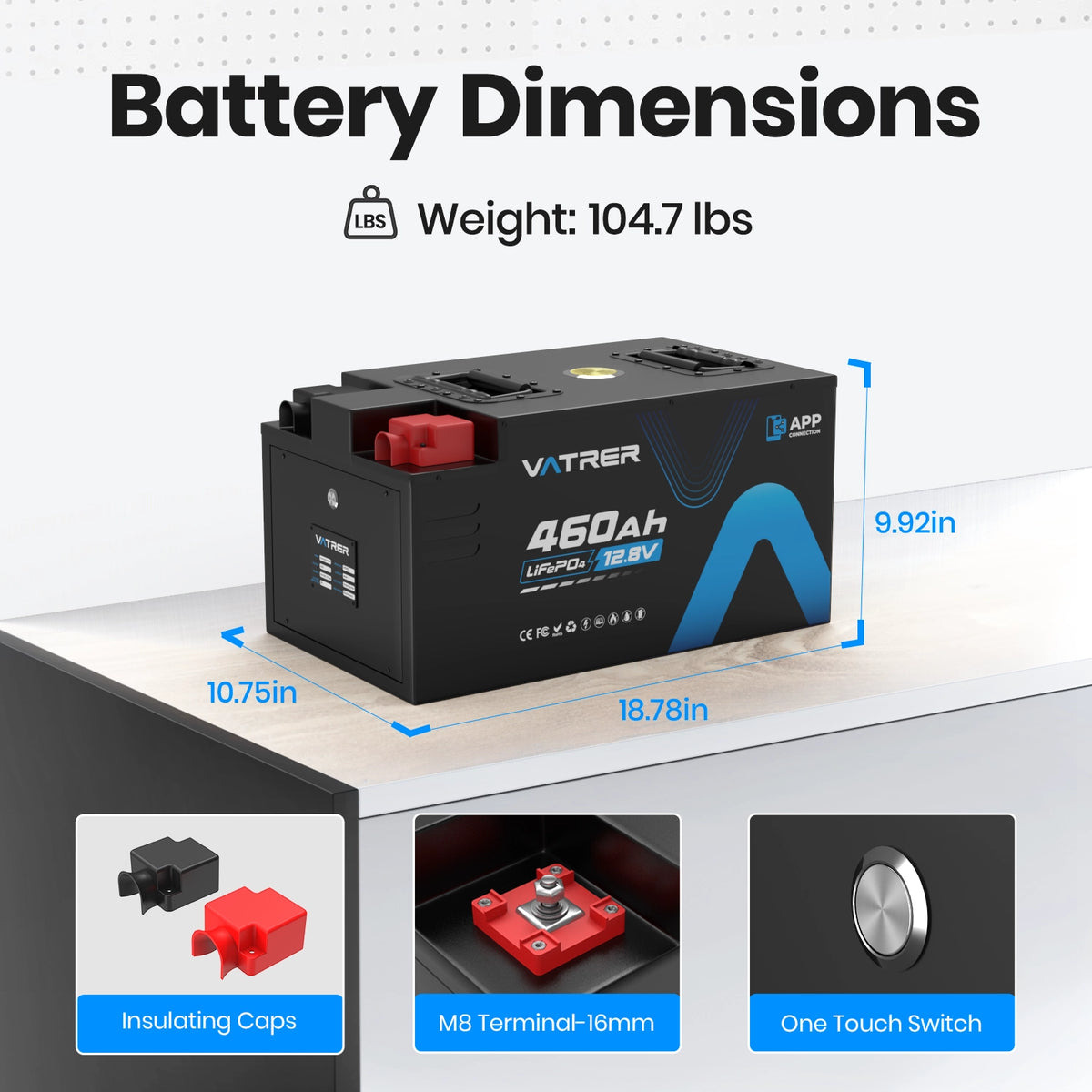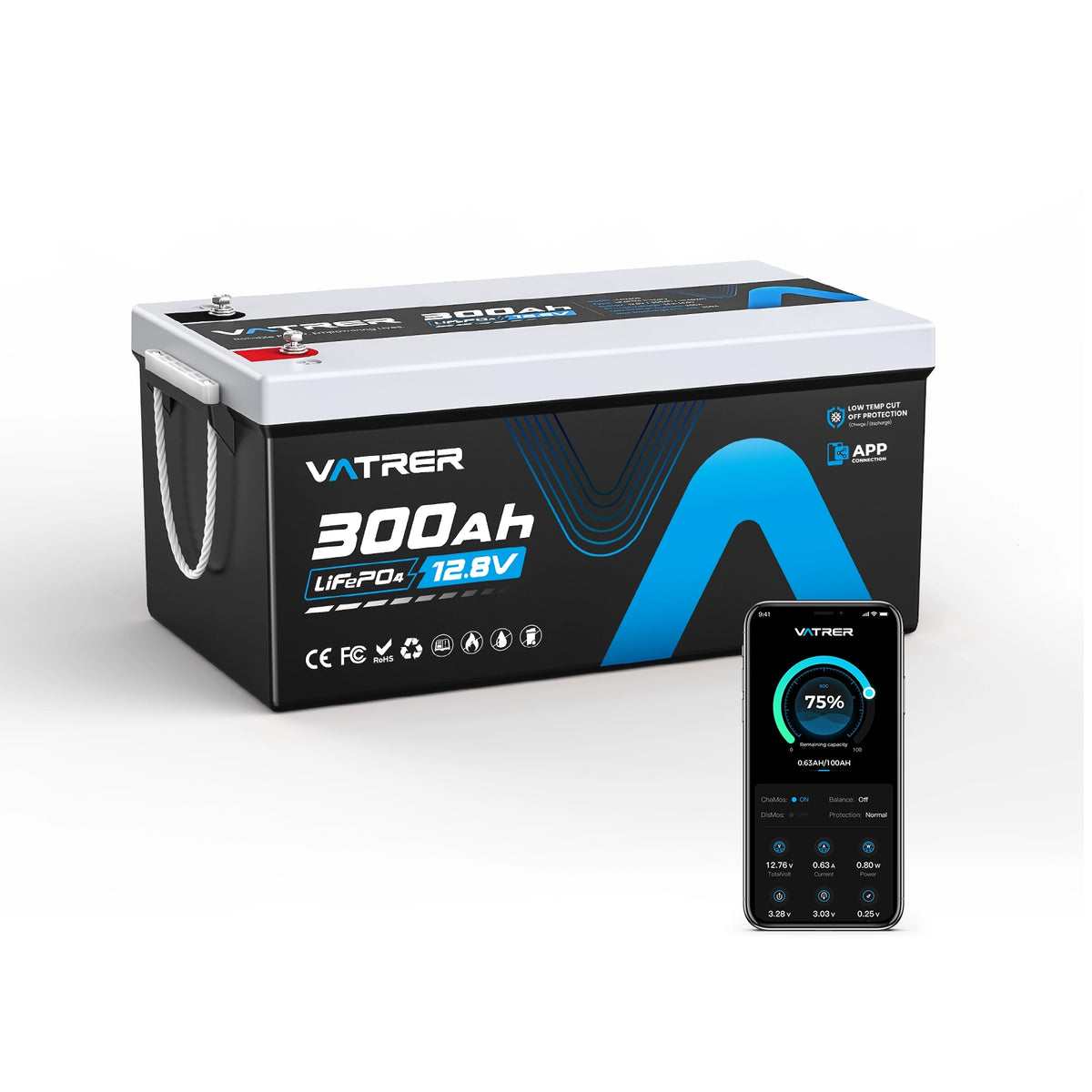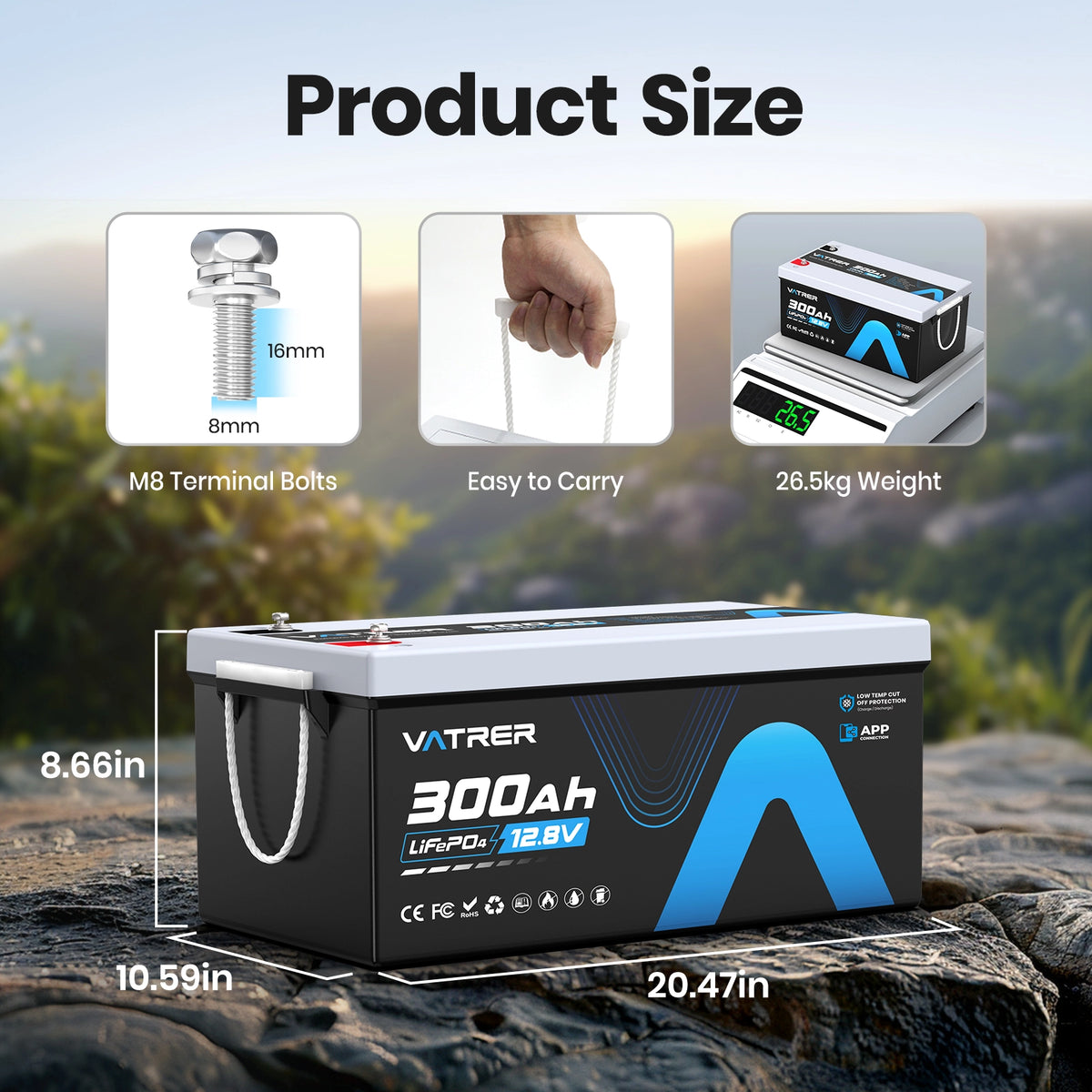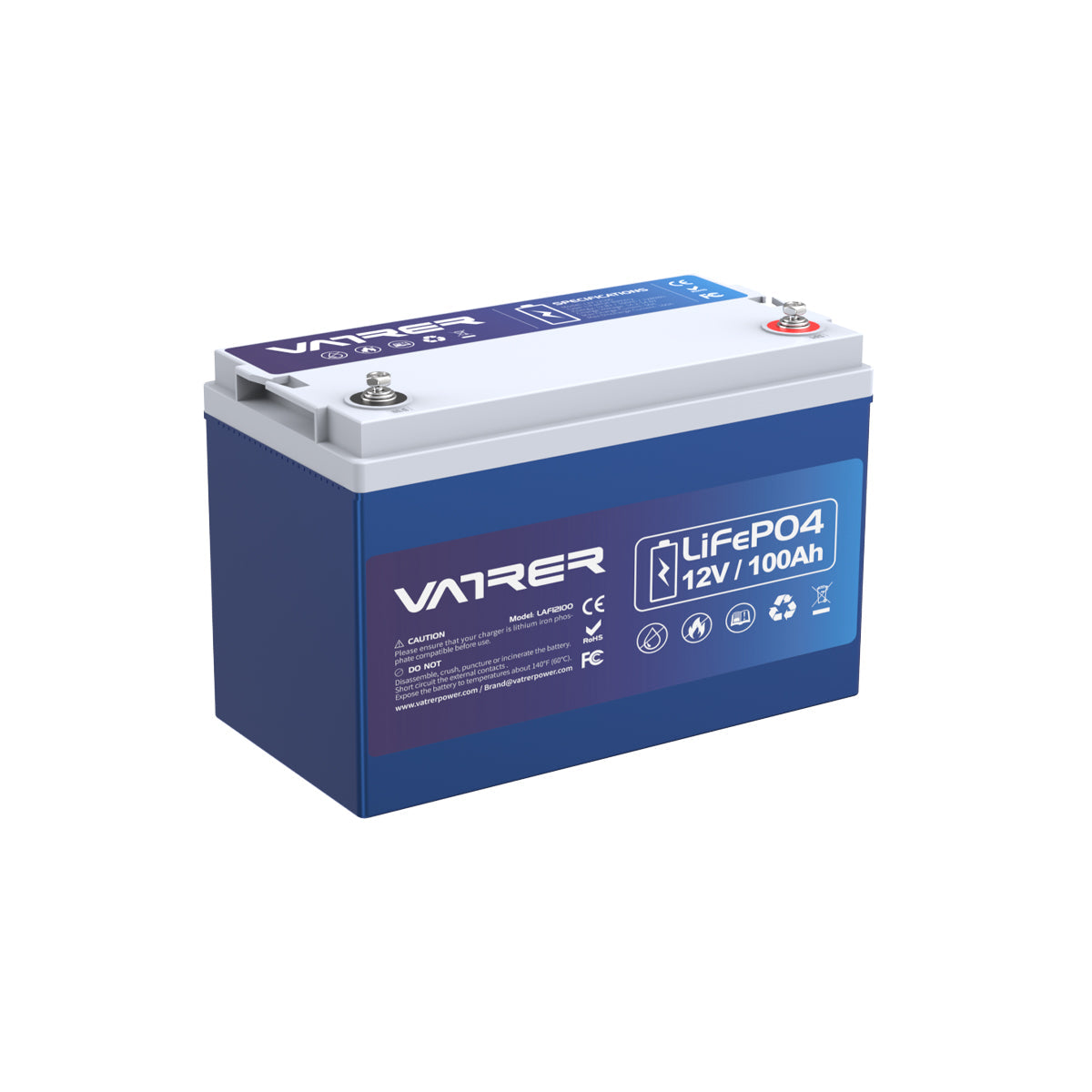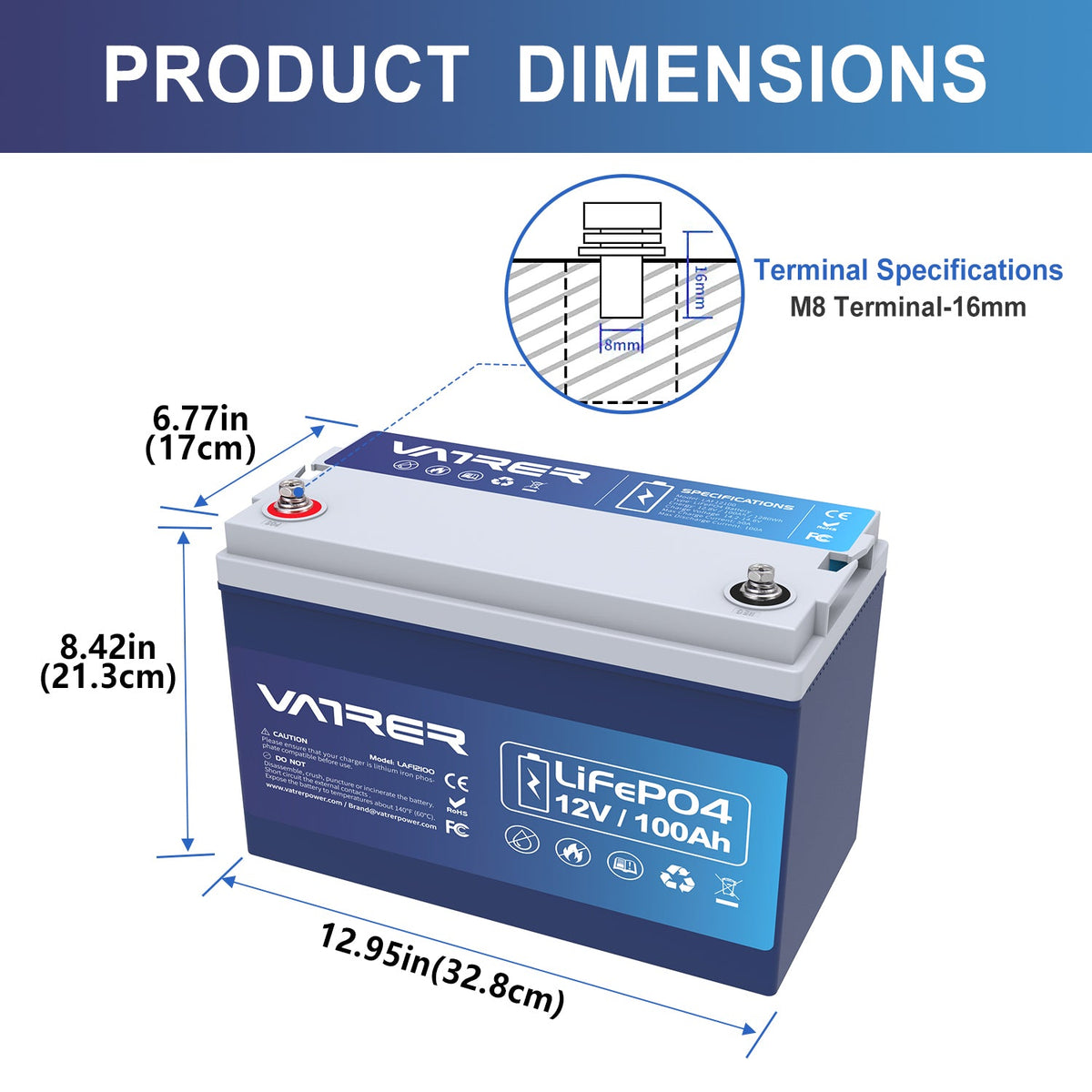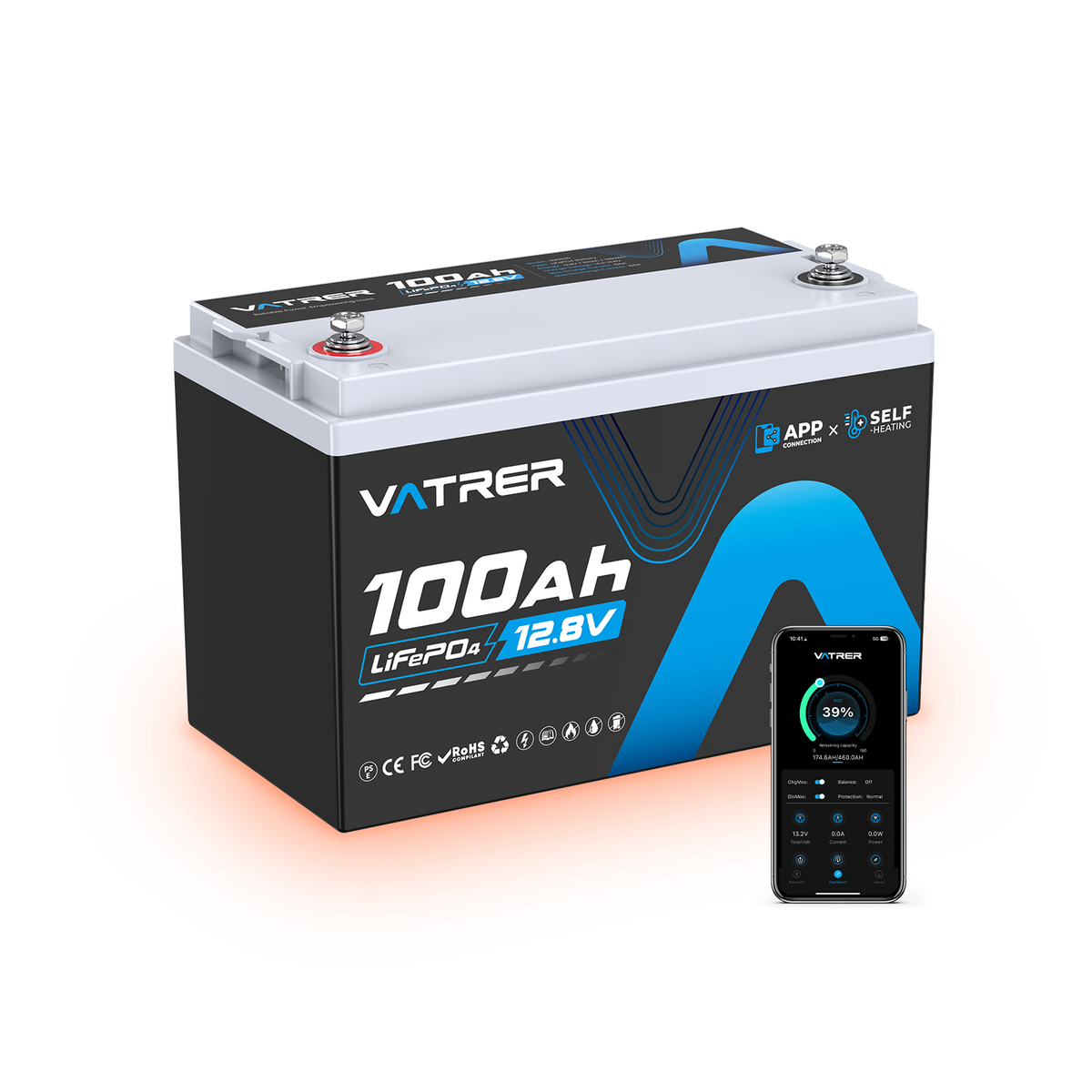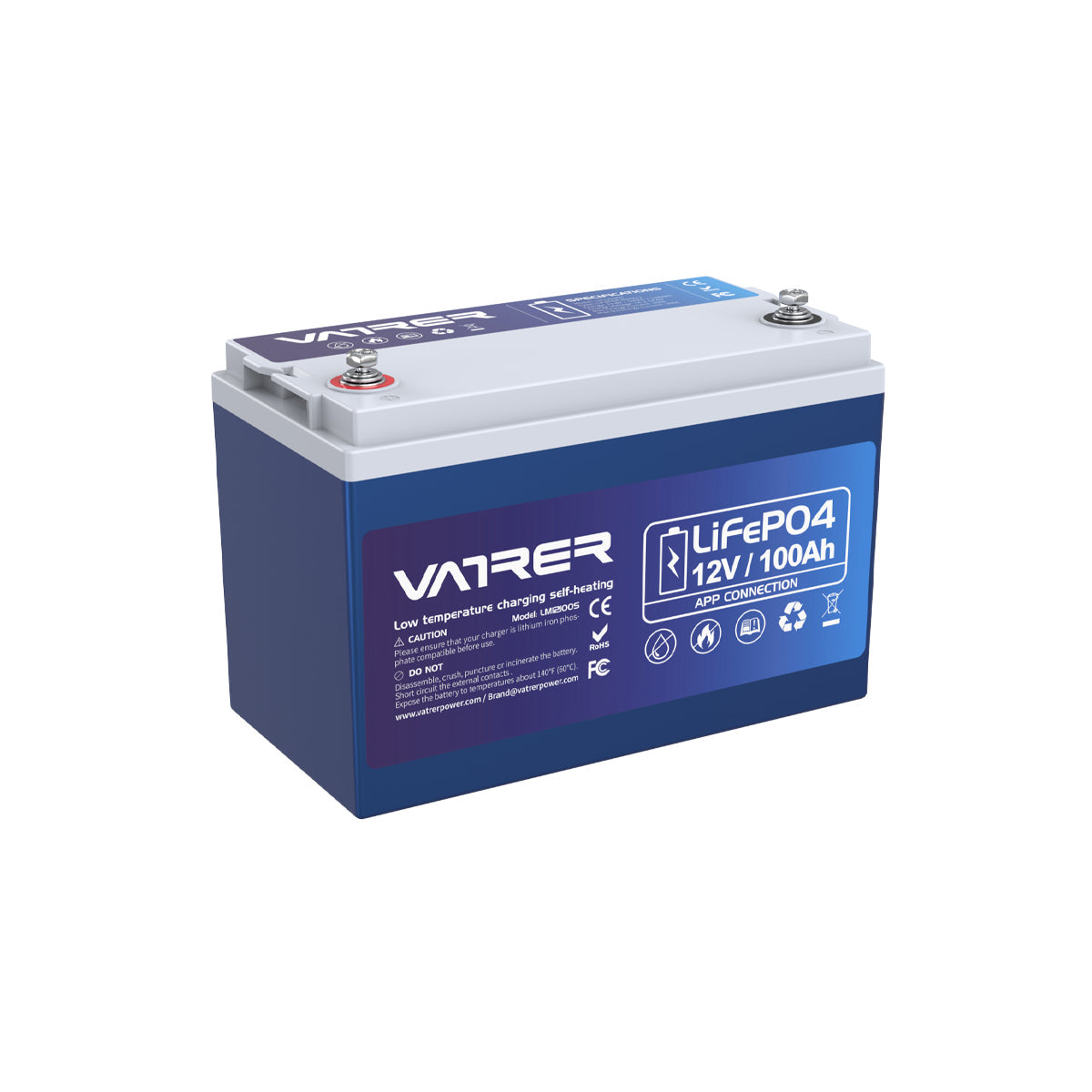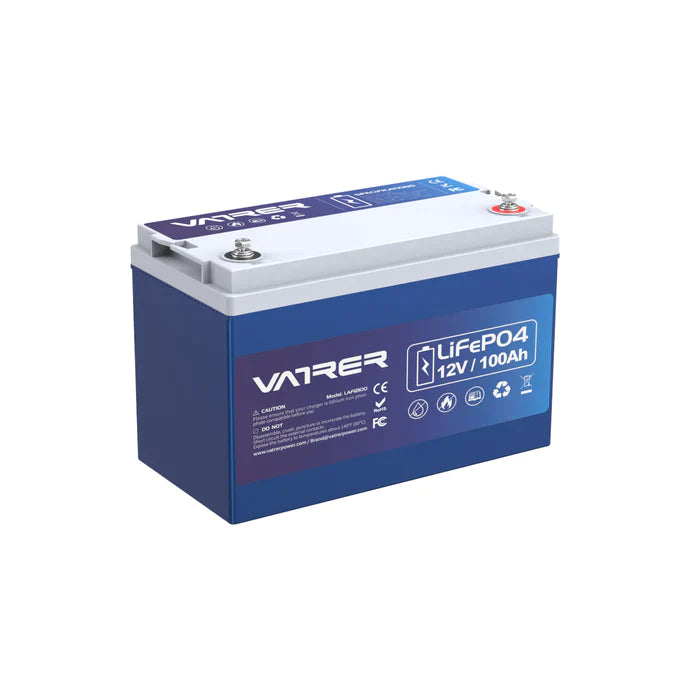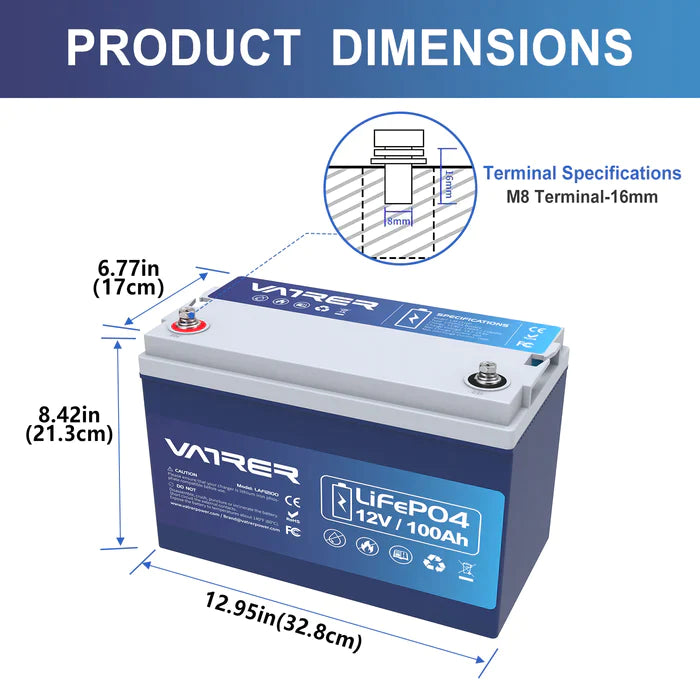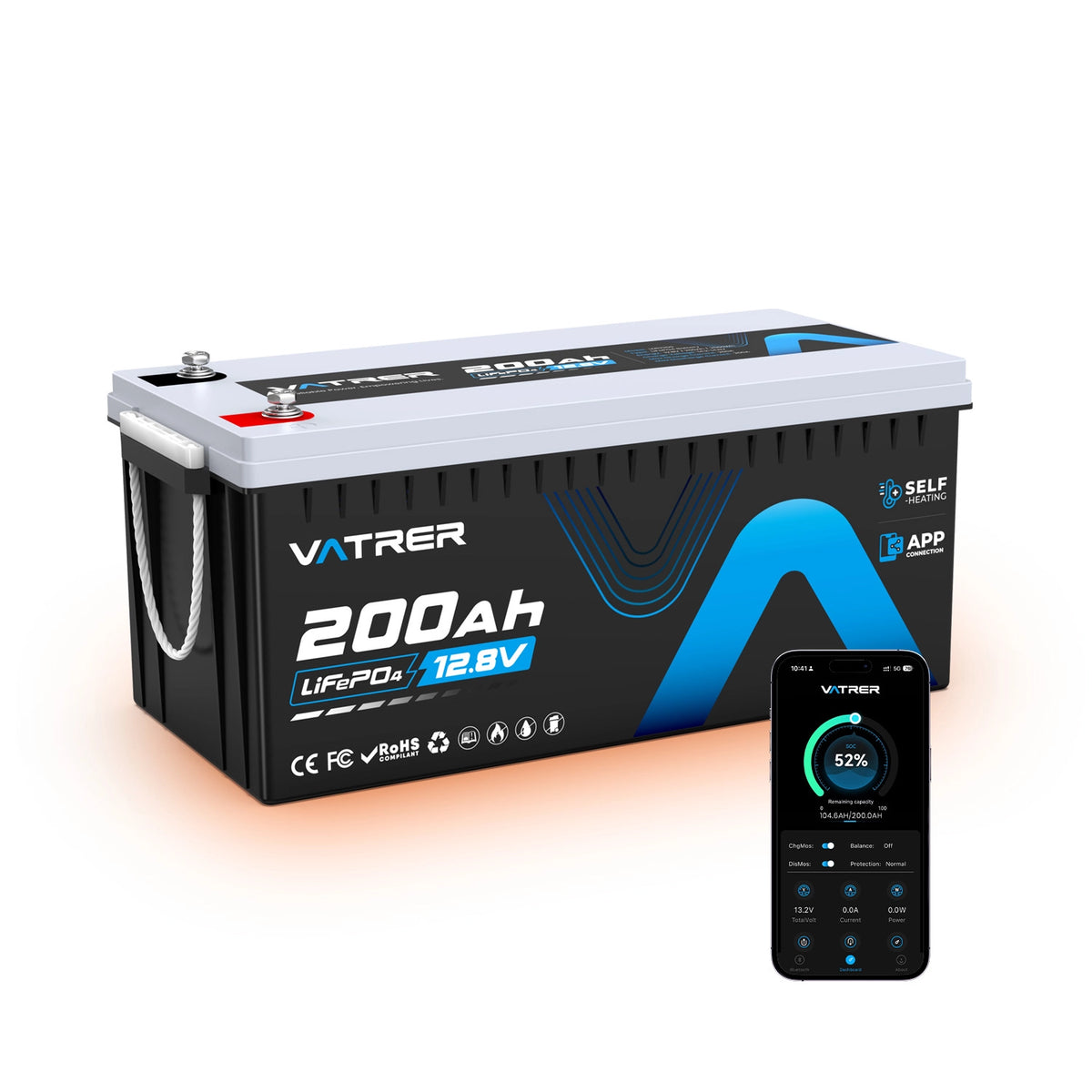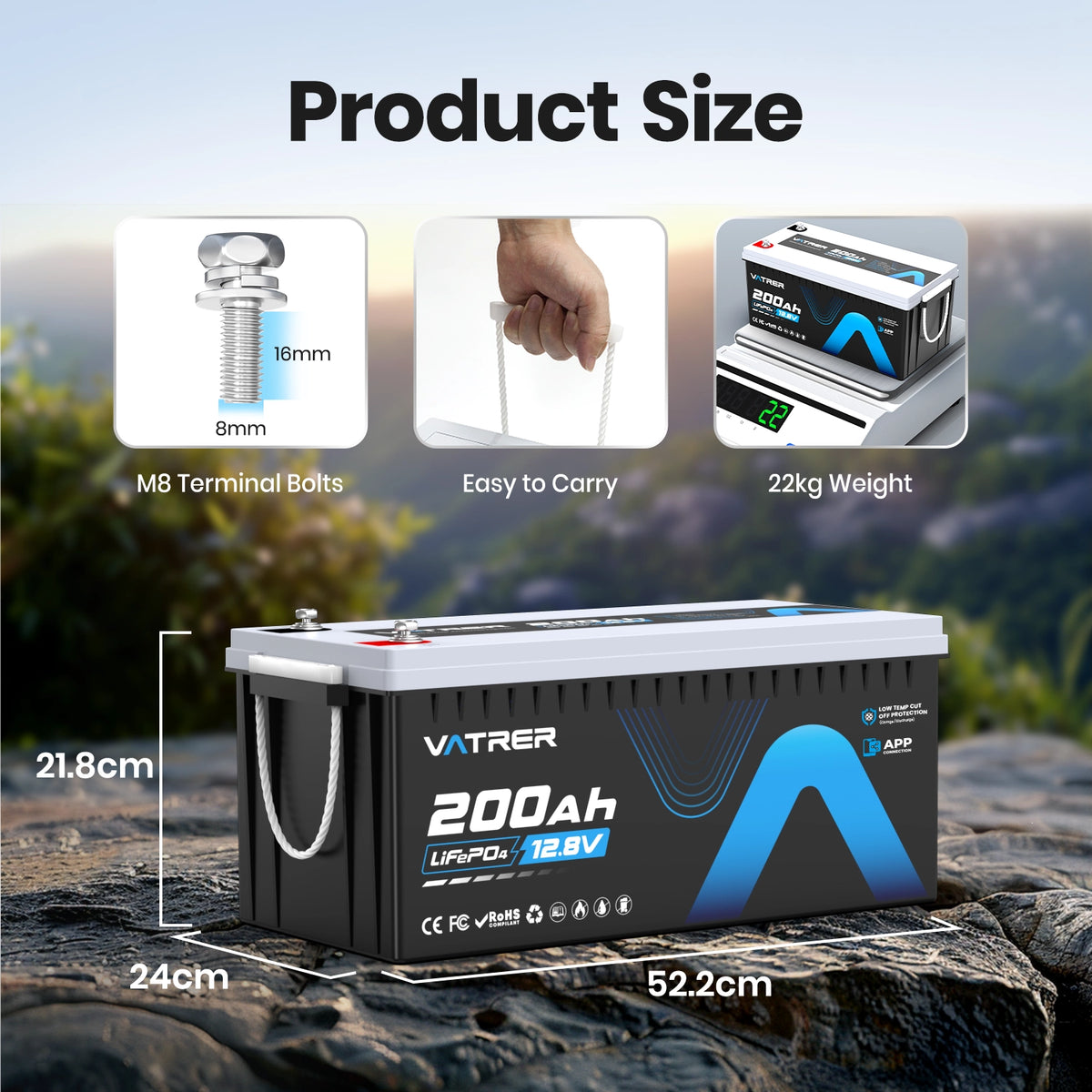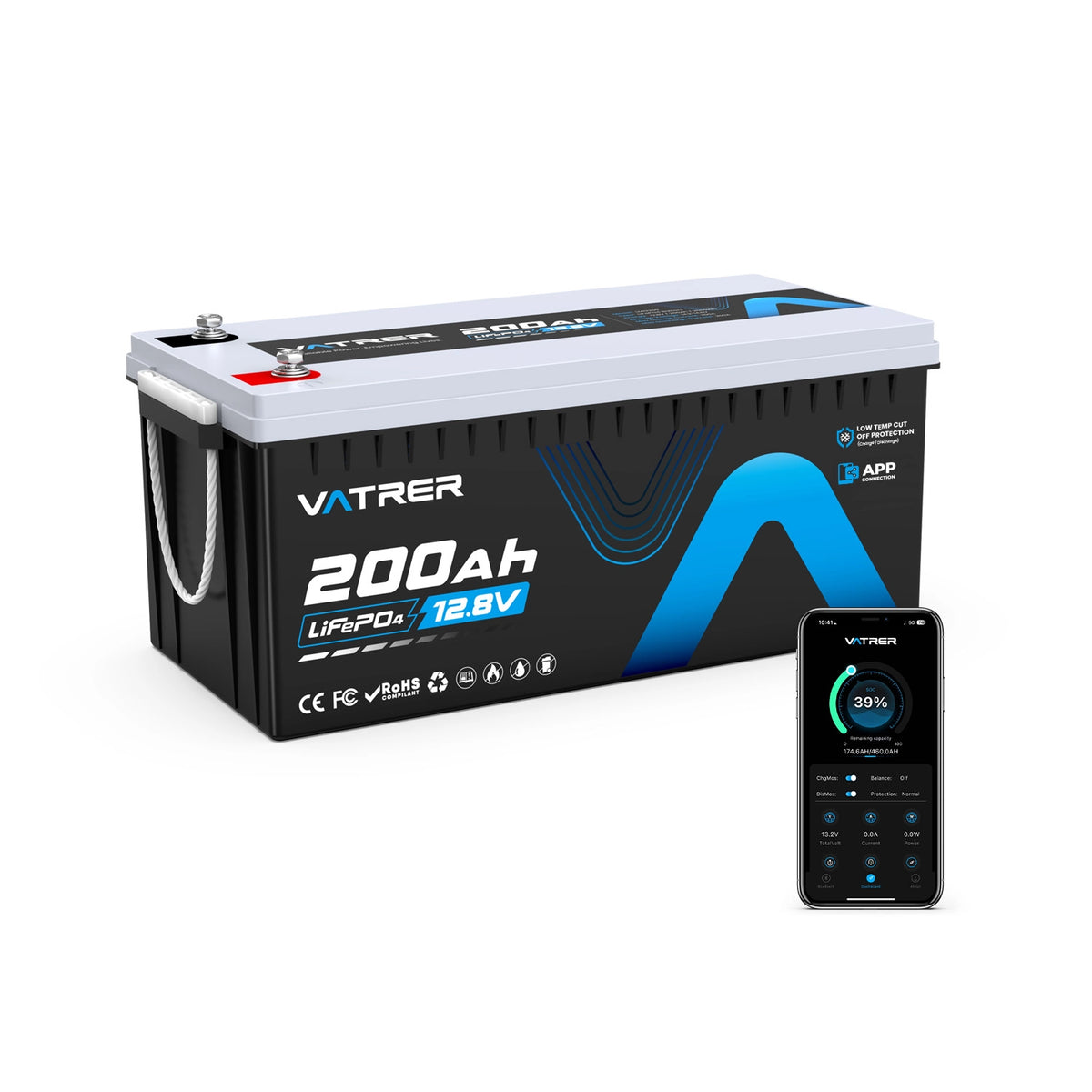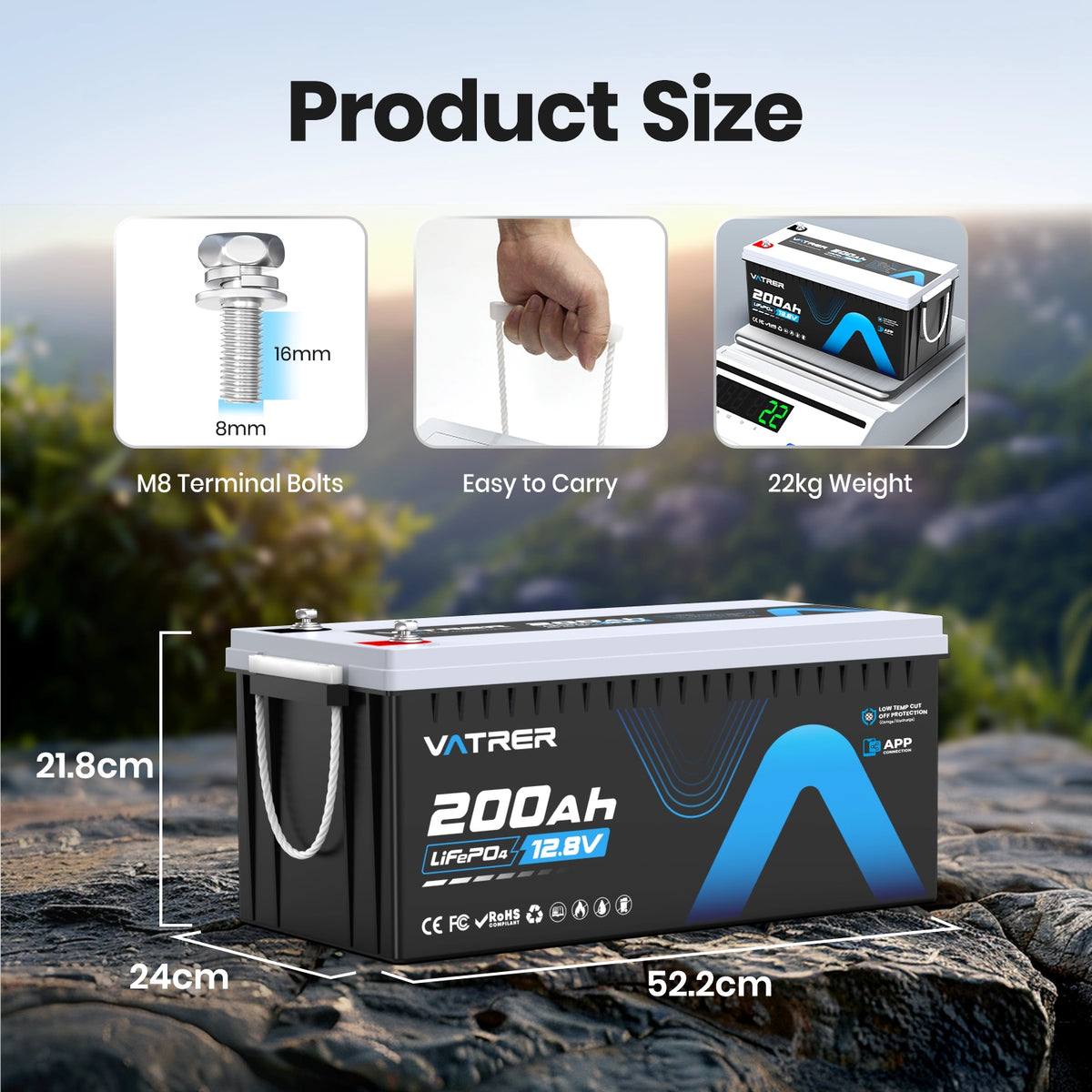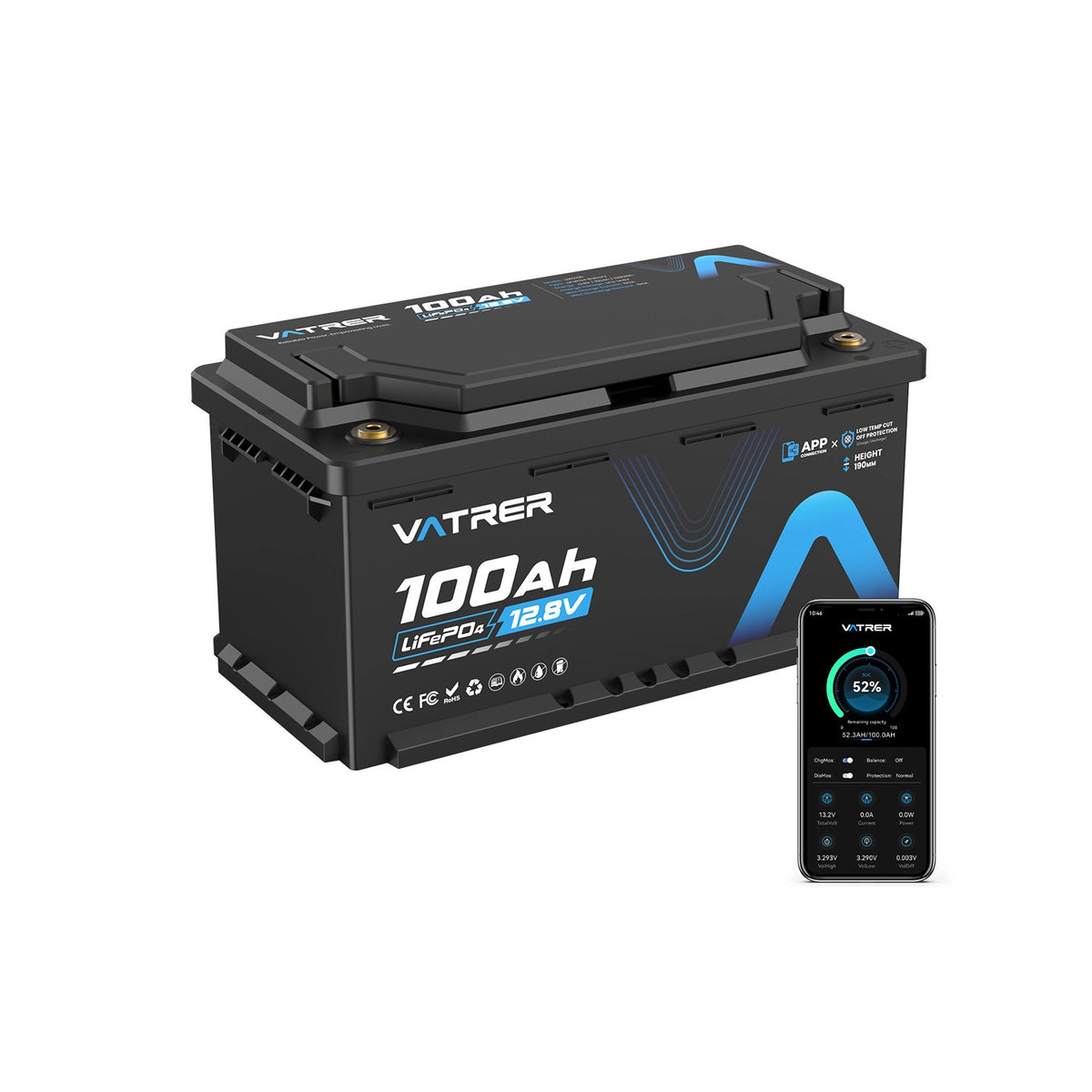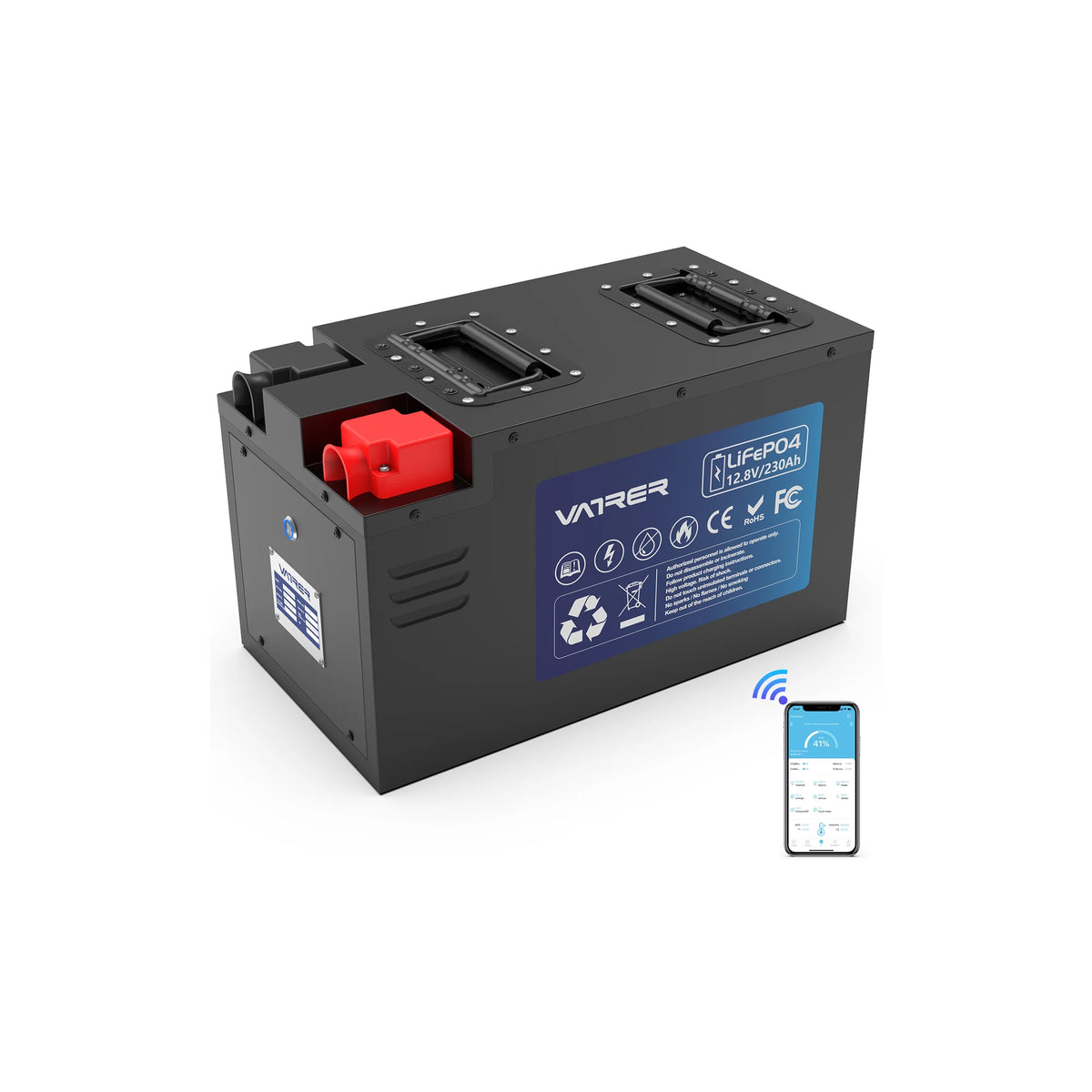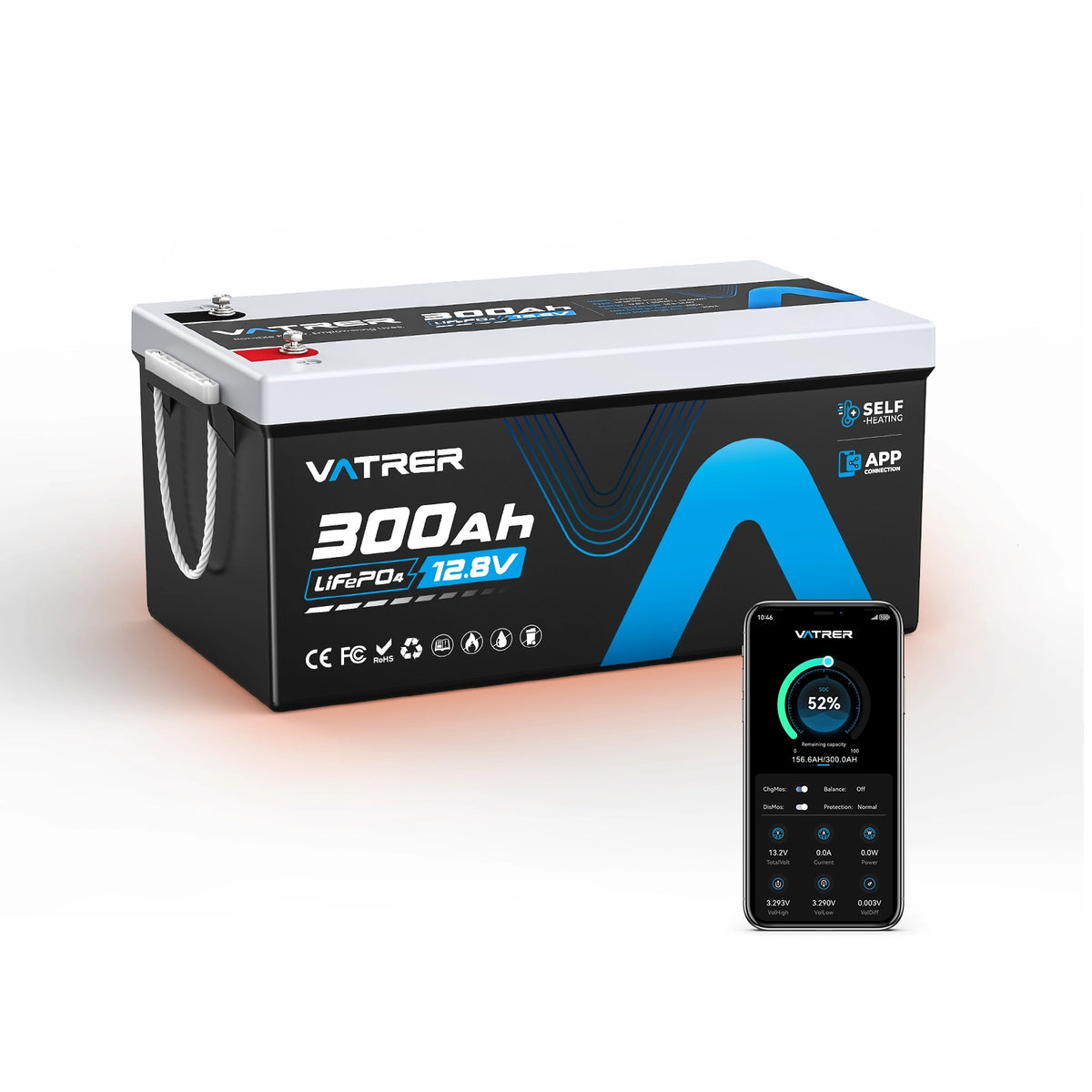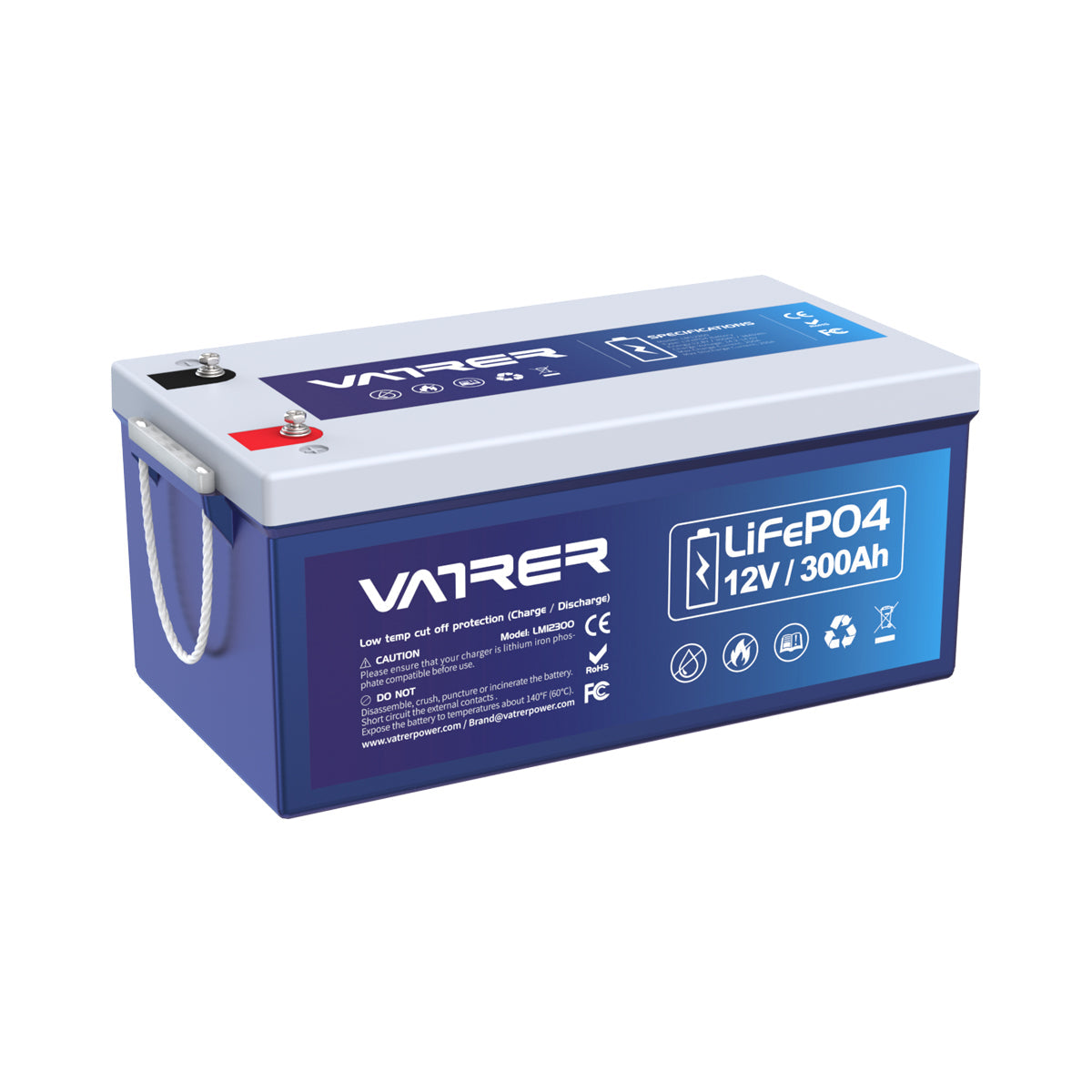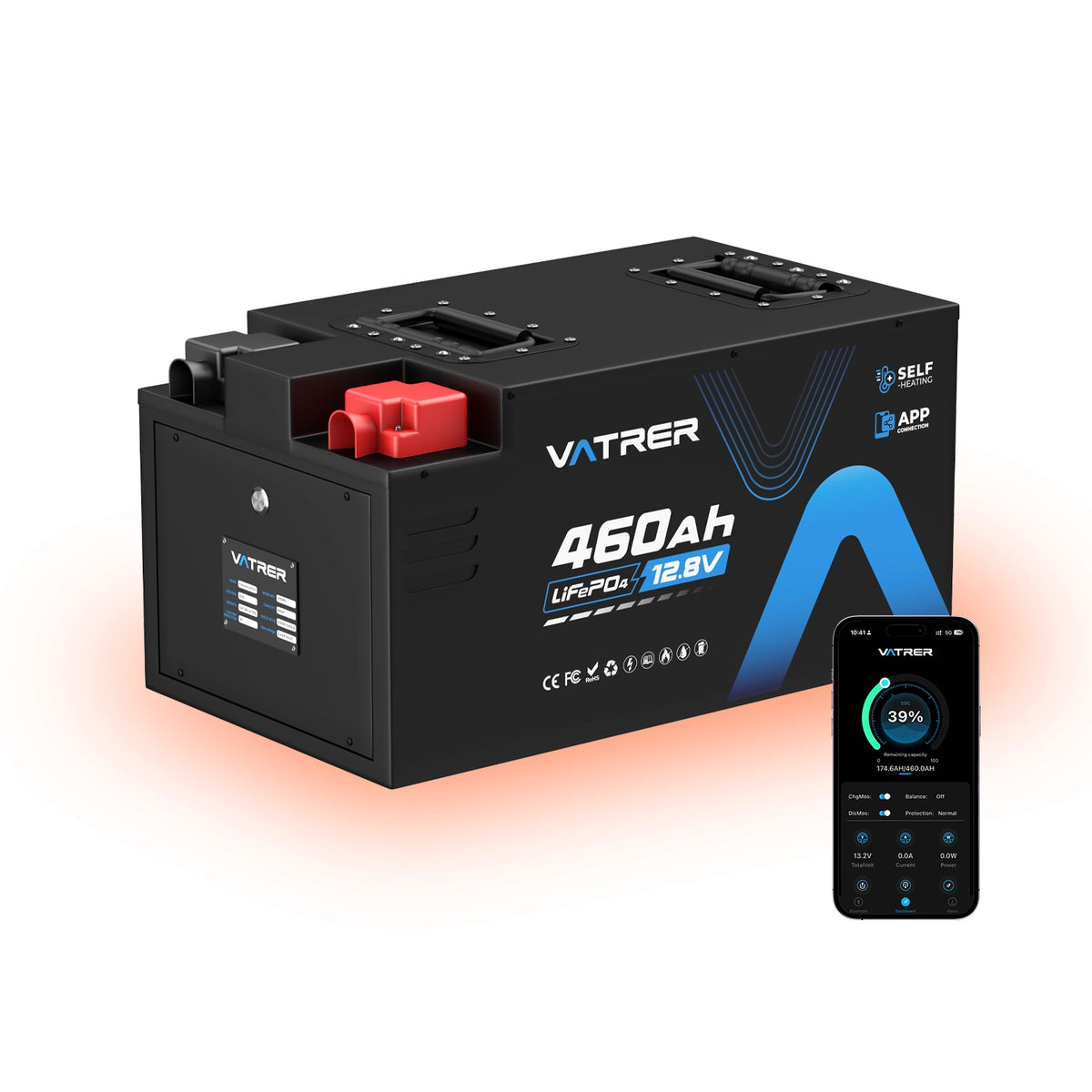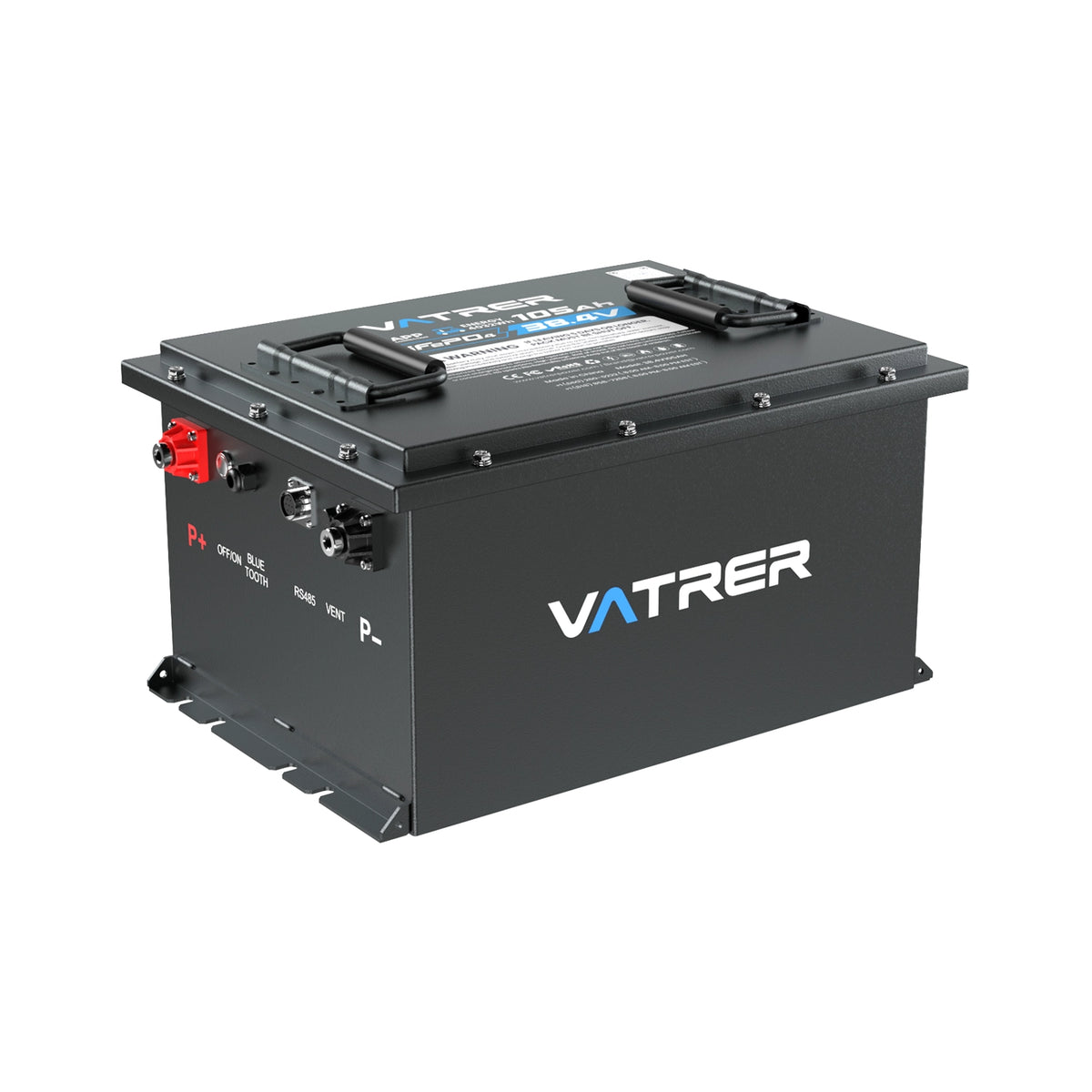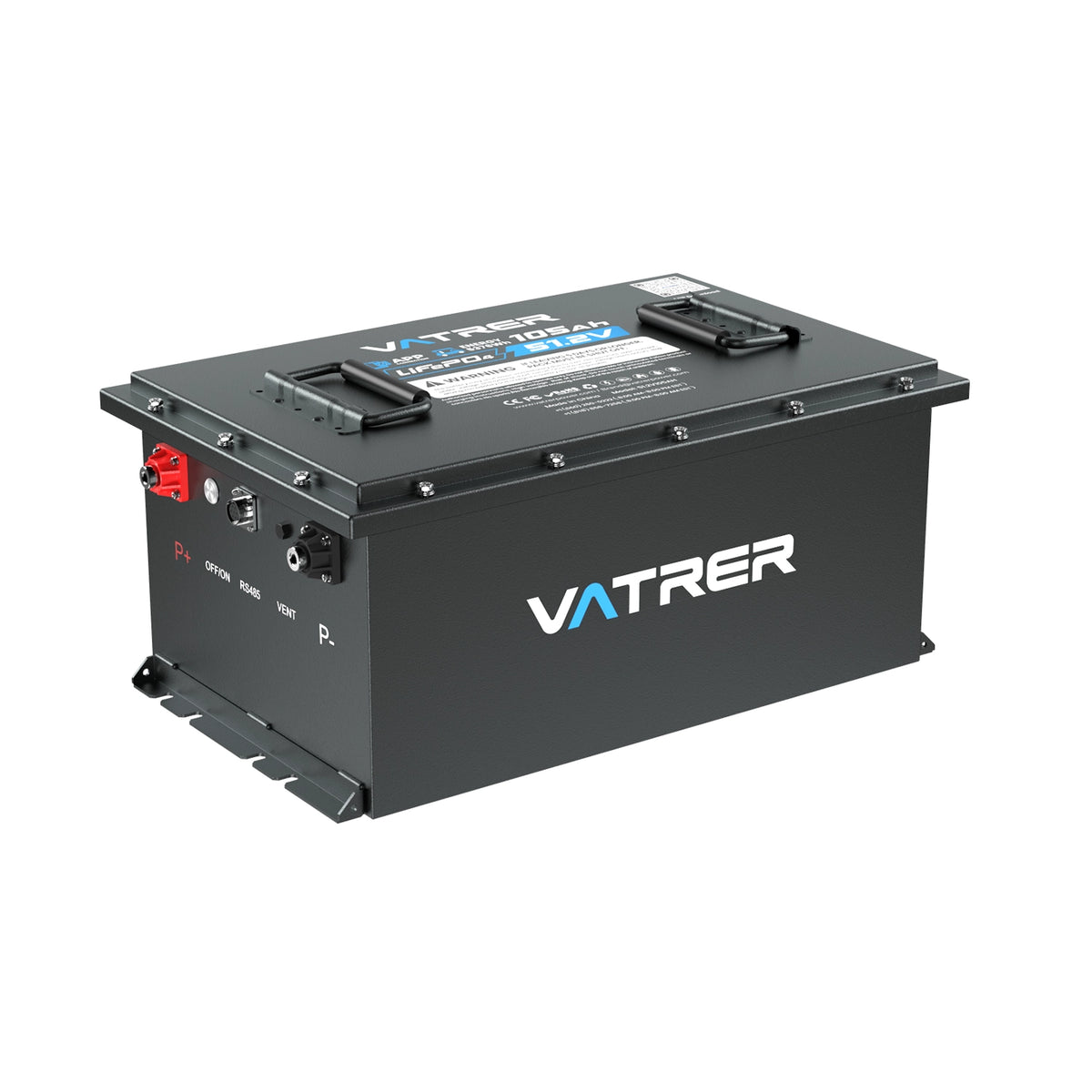Table of Contents
- Introduction
- The Impact of Usage on Battery Lifespan
- Battery Lifespan in Fleet Applications
- Battery Lifespan for Private Owners
- Optimizing Battery Lifespan
- How Often Do You Need to Replace a Golf Cart Battery?
- Should I Leave My Golf Cart Plugged In All the Time?
- Follow the manufacturer's recommendations
- Avoid continuous charging
- Charge after each use
- Use a smart charger
- Monitor the battery's charge level
- Should I Charge My Golf Cart Batteries Every Night?
- Follow manufacturer recommendations
- Charge based on usage
- Avoid overcharging
- Monitor battery charge level
- Consider a smart charger
- Conclusion
Introduction
When it comes to the lifespan of golf cart batteries, maintenance practices are crucial. However, it's important to recognize that usage patterns also significantly impact battery longevity. In this article, we will delve deeper into the relationship between usage and battery lifespan, focusing on the disparities between fleet applications and private ownership. By understanding these factors, golf cart owners can optimize their battery usage and make informed decisions to extend their lifespan.

The Impact of Usage on Battery Lifespan
Usage patterns play a pivotal role in determining the lifespan of golf cart batteries. In fleet applications, where golf carts are extensively used in golf course operations, batteries experience high levels of usage. On average, fleet carts endure 2-3 rounds of golf per day during peak seasons. In contrast, privately owned carts typically see 3-5 rounds of golf per week, depending on the number of individuals utilizing the cart.
Battery Lifespan in Fleet Applications
Due to the demanding nature of fleet cart usage, battery packs in such applications tend to have a slightly shorter lifespan. On average, well-maintained battery packs in fleet carts can last approximately 4-6 years. The frequent charging and deep discharges experienced during daily operations contribute to slightly accelerated battery degradation. However, proper maintenance practices, such as regular cleaning, equalization charging, and water level checks, can help optimize battery performance and extend their lifespan within the fleet setting.
Battery Lifespan for Private Owners
Private owners, who tend to use their golf carts less frequently, enjoy a longer lifespan for their battery packs. With an average usage of 3-5 rounds of golf per week, private owners can expect their batteries to last approximately 6-10 years. The lower frequency of deep discharges and the ability to implement proper maintenance routines contribute to the extended lifespan of batteries in these circumstances. By following manufacturer guidelines, ensuring correct charging practices, and carrying out routine maintenance, private owners can maximize the longevity of their battery packs.
Optimizing Battery Lifespan
Regardless of usage patterns, there are general practices that all golf cart owners can implement to optimize battery lifespan:
Regular Maintenance
Adhering to regular maintenance routines, including cleaning terminals, checking water levels (for lead-acid batteries), and inspecting for damage, is crucial for extending battery life.
Proper Charging
Using the appropriate charger for your battery type, avoiding overcharging or undercharging, and following manufacturer guidelines for charging practices are essential to battery health and longevity.
Avoid Deep Discharges
Minimizing deep discharges by recharging batteries before they reach critically low levels helps prevent accelerated battery degradation.
Storage Considerations
During periods of inactivity, storing batteries in a cool, dry location helps mitigate the effects of extreme temperatures and prolongs battery life.
How Often Do You Need to Replace a Golf Cart Battery?
The frequency of replacing a golf cart battery depends on several factors, including the type of battery, usage patterns, maintenance, and overall battery health. Here are some general guidelines:
Lead-Acid Batteries
Traditional lead-acid batteries are commonly used in golf carts. These batteries require regular maintenance and may need to be replaced every 4-6 years, depending on usage and maintenance practices. Proper care, including regular charging, avoiding deep discharges, and maintaining proper water levels, can extend their lifespan.
Lithium-Ion Batteries
Lithium-ion batteries are becoming more popular in golf carts due to their longer lifespan, lighter weight, and higher energy density. These batteries can last 8-10 years or even longer with proper care. They generally require less maintenance but are more expensive upfront.
It's important to note that battery lifespan can vary based on factors such as the number of charging cycles, depth of discharge, temperature conditions, and overall battery quality. Regular maintenance, including proper charging and storage practices, can help prolong the lifespan of golf cart batteries.
Additionally, it's recommended to follow the manufacturer's guidelines and consult the battery's documentation for specific information on replacement intervals and maintenance requirements.
Should I Leave My Golf Cart Plugged In All the Time?
Leaving your golf cart plugged in all the time is generally not recommended. While it's important to keep your golf cart battery properly charged, overcharging can be detrimental to the battery's health and lifespan. Here are some guidelines to follow:
Follow the manufacturer's recommendations
Refer to the manufacturer's guidelines or the battery's documentation for specific charging instructions and recommendations. Different types of batteries may have different charging requirements.
Avoid continuous charging
It's generally best to avoid keeping your golf cart plugged in continuously. Once the battery is fully charged, it's preferable to unplug the charger. Continuous charging can lead to overcharging, which can cause the battery to overheat and degrade its overall performance.
Charge after each use
After using your golf cart, it's a good practice to recharge the battery. Regular charging helps maintain the battery's charge level and ensures it's ready for the next use. Avoid deep discharges, as they can negatively impact the battery's lifespan.
Use a smart charger
Consider investing in a smart charger or a charger with an automatic shut-off feature. These chargers are designed to monitor the battery's charge level and adjust the charging process accordingly. They can help prevent overcharging and optimize the battery's longevity.
Monitor the battery's charge level
Keep an eye on the battery's charge level and avoid letting it discharge below the recommended minimum level. Deep discharges can lead to sulfation and other battery issues. If you're not using the golf cart for an extended period, it's advisable to periodically charge the battery to maintain its health.
By following these guidelines and practicing proper battery maintenance, you can help extend the lifespan and maximize the performance of your golf cart battery.
Should I Charge My Golf Cart Batteries Every Night?
Charging your golf cart batteries every night is not necessary and may even be detrimental to the battery's long-term health. While it's important to keep your batteries adequately charged, overcharging can lead to negative effects such as battery degradation and reduced lifespan. Here are some considerations to keep in mind:
Follow manufacturer recommendations
Always refer to the manufacturer's guidelines and instructions for charging your specific golf cart batteries. Different battery types and brands may have different charging requirements and recommendations.
Charge based on usage
The frequency of charging your golf cart batteries should be based on your usage patterns. If you use your golf cart extensively during the day and the battery charge level drops significantly, you may need to recharge it. However, if you only use your golf cart for short trips or sporadically, you may not need to charge it every night.
Avoid overcharging
Overcharging can lead to excessive heat buildup and can cause damage to the battery. Modern chargers often have built-in features to prevent overcharging, such as automatic shut-off or trickle charging modes. If your charger has these features, it can be left connected overnight without the risk of overcharging.
Monitor battery charge level
It's important to monitor the battery charge level regularly. Most golf carts have battery charge indicators that show the current charge level. If the battery charge drops to a low level, it's advisable to recharge it to prevent deep discharging, which can be detrimental to the battery's health.
Consider a smart charger
Investing in a smart charger with advanced charging algorithms and features can help optimize the charging process. Smart chargers can monitor the battery's charge level and adjust the charging rate accordingly, reducing the risk of overcharging.
In summary, it's not necessary to charge your golf cart batteries every night unless your usage pattern and battery condition require it. Regularly monitoring the battery charge level, avoiding overcharging, and following the manufacturer's guidelines will help maintain the battery's health and extend its lifespan.
Conclusion
While maintenance practices are vital for maximizing the lifespan of golf cart batteries, usage patterns also significantly influence their longevity. Fleet applications, with their high-frequency usage, generally experience slightly shorter battery lifespans of 4-6 years. On the other hand, private owners, with their less frequent usage, can expect their batteries to last around 6-10 years. By implementing proper maintenance practices and understanding the impact of usage, golf cart owners can optimize their battery lifespan and ensure reliable power for years to come. Remember, a balanced approach to maintenance and usage is key to maximizing the lifespan of golf cart batteries.
As you consider options to maximize the lifespan of your golf cart batteries, one product that stands out is the Vatrer 48V golf cart battery. This battery offers several features that can enhance your golf cart experience and provide long-lasting power.

The Vatrer LiFePO4 golf cart battery is equipped with a built-in 200A Battery Management System (BMS). This BMS ensures optimal performance and protects the battery from overcharging, over-discharging, and short circuits. By actively managing the battery's charging and discharging processes, the BMS helps to extend the battery's lifespan.
With over 4000 cycles of rechargeability, this lithium battery offers exceptional longevity. The high cycle life of the Vatrer LiFePO4 golf cart battery 48V means you can enjoy reliable power for many years, reducing the need for frequent battery replacements.

Additionally, this battery boasts a maximum power output of 10.24kW, providing ample power to propel your golf cart with efficiency and reliability. With this kind of power, you can confidently navigate various terrains on the golf course without worrying about performance limitations.
Investing in the Vatrer 48 volt LiFePO4 golf cart battery can offer you the advantage of a longer lifespan, enhanced power output, and the peace of mind that comes with a built-in Battery Management System. It is a reliable and durable choice that can withstand the demands of both fleet applications and private ownership.
Remember, when choosing a battery for your golf cart, it is essential to consider the specific requirements of your cart and your usage patterns. By selecting a high-quality battery like the Vatrer LiFePO4 Golf Cart Battery, you can enjoy extended battery life and a more enjoyable golfing experience.






